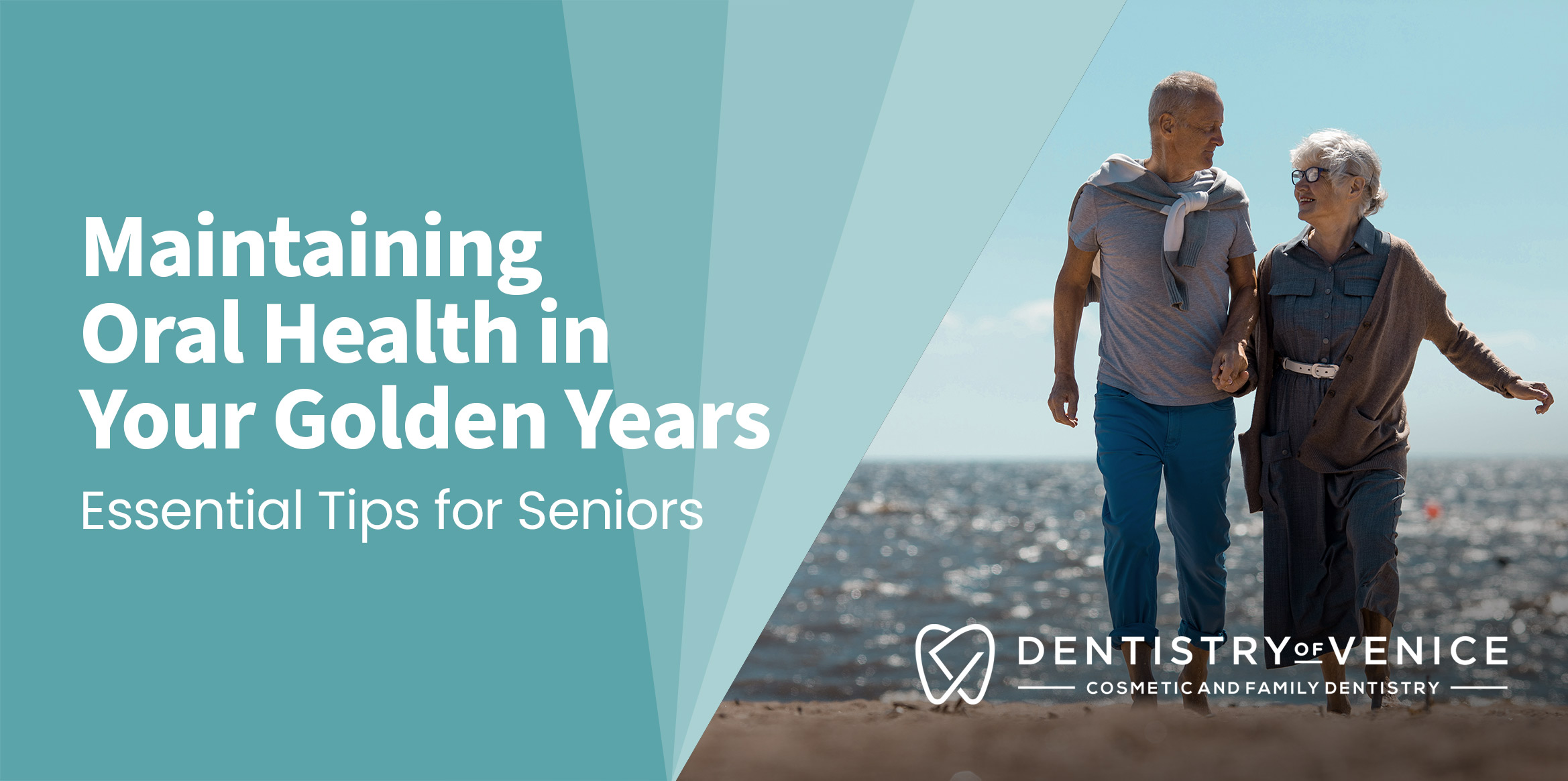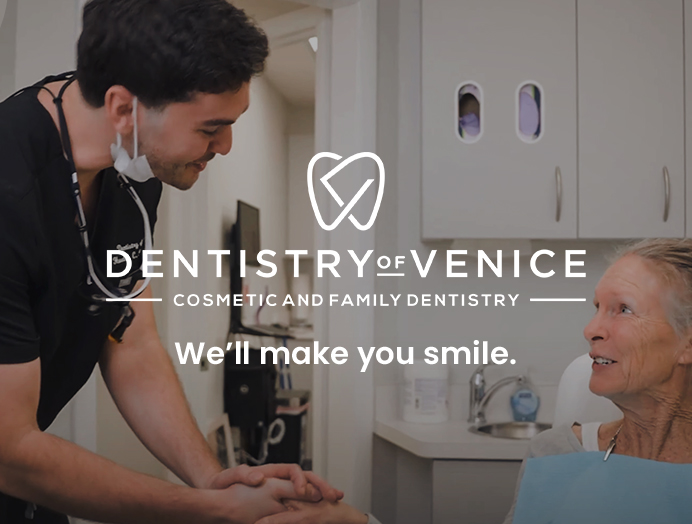Maintaining Oral Health in Your Golden Years: Essential Tips for Seniors
As we journey through life, our oral health needs evolve, and maintaining a healthy smile becomes even more important. In your golden years, taking care of your teeth and gums can have a significant impact on your overall well-being. Here are essential tips for ensuring optimal oral health as you age.
1. Stay on Top of Your Dental Check-ups
Regular dental visits are crucial for maintaining oral health at any age, but they become even more important as you get older. Aim for routine check-ups every six to twelve months. Your dentist can help catch issues early, such as cavities, gum disease, or changes in your oral health that might require attention.
2. Brush and Floss Daily
Maintaining a consistent oral hygiene routine is key to preventing dental problems. Brush your teeth twice a day with fluoride toothpaste to remove plaque and bacteria. Don’t forget to floss daily to clean between your teeth and under your gumline, where your toothbrush can’t reach. If manual dexterity is an issue, consider electric toothbrushes or flossing aids.
3. Monitor Changes in Your Oral Health
Be attentive to changes in your mouth, such as dry mouth, sensitivity, or unusual soreness. Dry mouth, or xerostomia, is common among older adults and can increase the risk of tooth decay and gum disease. If you experience persistent dry mouth, consult your dentist for advice on managing it.
4. Choose a Nutrient-Rich Diet
A balanced diet supports both your overall health and your dental health. Incorporate foods such as leafy greens, nuts, seeds, fatty fish, bone broth, crisp fruits, vegetables, fermented foods, green tea, healthy fats, water.
Incorporating these dietary choices into your daily routine can help promote strong teeth and healthy gums while supporting overall wellness.
5. Stay Hydrated
Drinking plenty of water helps to maintain saliva flow, which is essential for oral health. Saliva helps neutralize acids, wash away food particles, and protect your teeth and gums. Aim to drink water throughout the day, and avoid excessive consumption of sugary or acidic beverages.
Quality matters. An example of quality water is filtered tap water. This type of water has been treated to remove contaminants and impurities that might affect oral and overall health. Mineral water is another example, as it contains minerals like calcium and magnesium that can benefit teeth and bones. Spring water is also considered high quality if it comes from a natural source and is minimally processed.
6. Address Any Issues with Dentures or Appliances
If you use dentures or other dental appliances, ensure they fit properly and are cleaned regularly. Ill-fitting dentures can cause discomfort and oral health issues. Your dentist can help adjust or replace dentures as needed and provide guidance on proper cleaning techniques.
7. Be Aware of Medication Side Effects
Many medications can affect your oral health, including causing dry mouth or gum overgrowth. If you’re taking medication, discuss any potential side effects with your dentist. They can provide strategies to manage these effects and maintain your oral health.
8. Practice Good Gum Care
Gum health is critical for overall dental health. Brush your gums gently along with your teeth and use an antimicrobial mouthwash to help prevent gum disease. If you notice symptoms like swollen or bleeding gums, seek advice from your dentist promptly.
9. Quit Smoking and Limit Alcohol
Smoking and excessive alcohol consumption can significantly impact your oral health. Smoking increases the risk of gum disease, oral cancer, and tooth loss. Alcohol can contribute to oral health issues as well, including dry mouth and gum irritation. If you need support to quit smoking or reduce alcohol intake, talk to your healthcare provider for resources.
10. Stay Informed and Engaged in Your Oral Health
Being proactive about your oral health involves staying informed and involved in your dental care. Ask questions during your dental visits, keep track of any changes in your oral health, and follow your dentist’s recommendations for maintaining a healthy smile.
Maintaining oral health in your golden years is not just about keeping your teeth; it’s about enhancing your overall quality of life. By following these tips and working closely with your dental care provider, you can enjoy a vibrant, healthy smile for years to come.




